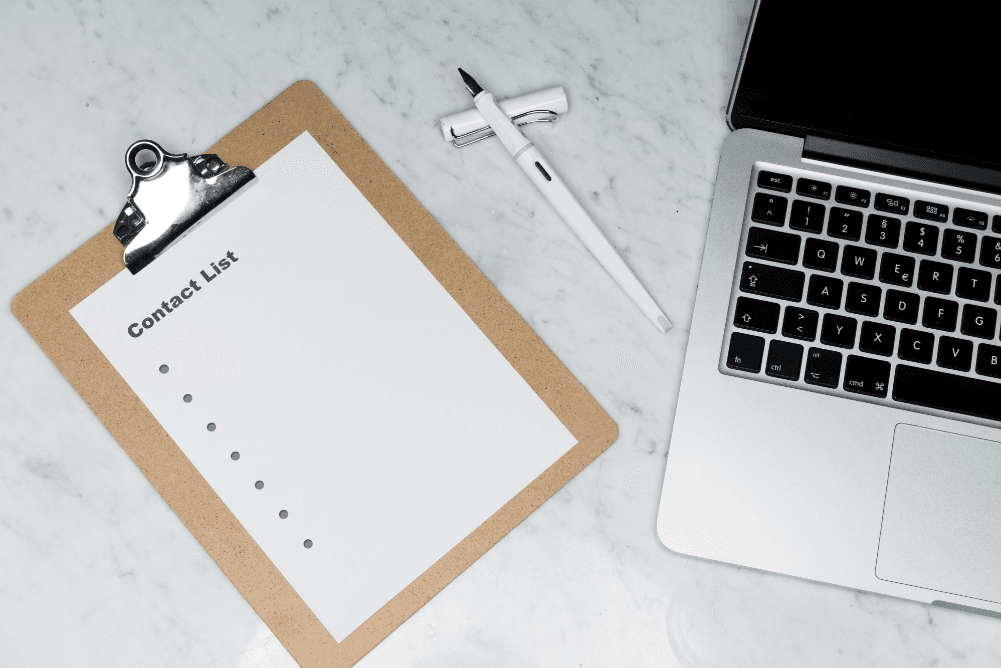10 Things to Consider When Choosing your Event Venue
Organizing a conference is a very big task and many factors play a role in ensuring its success. When it comes to booking the right venue for your conference, you should keep the following things in mind.

What is important when choosing a conference venue?
1) Decide on the date, area, budget, and estimated number of attendees
The initial phase of planning any conference event starts with deciding the budget for the event, a few flexible dates, and the area or city in which the organizers wish to organize the conference. After taking these factors into consideration, the accessibility of attendees into that area, the weather condition, any particular restrictions & laws of that area, local transportation facilities, and the approximate number of attendees is required to plan a rough layout of the conference. Many organizers rely on a management team to gather all this information.
2) Filter and select the right venue
Finalizing the venue goes through some backhand processes like selecting a few venues and filtering them out as per requirements related to budget, location, availability of at given dates, etc. Once the filtration process is completed, then you can list down the finalized venue and can contact them for further details and quotations.
3) Accessibility of transportation
While finalizing any venue, it is essential to check whether the selected venues have easy access from the airport, railway station, bus stand, connecting highways, main cities, etc. These accessibilities will add more responses from the attendees and encourage them to participate in the conference. Also, check if the venue you are finalizing provides pickup & drop facilities to attendees on request.
4) Accommodations for attendees
Generally, a conference involves attendees from different cities, towns, and states apart from local attendees, so it is obvious they will require some accommodation for the conference event. It is necessary to check if the venue that you are booking has the required room facilities. Having a facility to stay at the same event venue adds comfort and a hassle-free experience for the attendees. Also, if you are booking rooms along with the event venue, you can get a good price by negotiating with the venue managers.
5) Highlight Amenities/Facilities
When it will come to deciding on the venue, you will find there are numerous event venues across any city, but many of them might lack some of the amenities that might be important for your event, these amenities include parking, a garden lawn, a banquet hall, a reception area, power backup, security cameras, swimming pools, café, restaurant, etc.
As the conference runs for a few hours a day and lasts for a couple of days, the attendees can take out some time to enjoy and indulge in these amenities for their leisure time. Such amenities are not necessarily required but work as a charm when attendees participate along with their families or colleagues. Also, the essential amenities and facilities can be considered like kitchen space for outdoor catering, arrangements of chairs & tables, required manpower, AV and technical team, clean and hygienic washroom, changing room, etc.
6) Food and beverages/Catering
Many times attendees travel to another city, state, or even country to participate in conferences, and there is a good chance of indulging them in the specialty of famous food and turning your event into a memorable one. Good food can result in a good mood and fresh mind, whether it starts from breakfast or Hi-Tea. You can ask the venue manager whether they provide catering services, mostly you will get a positive response, in that case, you should check their food licence, kitchen space and hygiene, quality and taste of the food, packaging selection, availability of water, food and beverages arrangements, timings etc.
7) Technical & A/V facilities
Every event requires some technical equipment such as a sound system, projectors, screens, mic, LED screen, etc. Often a conference event involves the display of presentations of audio/ visual files, and live interactions, thus appointing a strong technical vendor and team is very important. You can check with the venue manager about the setup technicalities to fulfil the audio/visual requirements. You can also compare quotations from 2-3 vendors to get a good deal.
8) Contract Flexibilities
Ensure getting an official contract from the venue provider, because having to change the event venue is probably the last thing you want to face. Also, you can negotiate flexible contract terms with your venue partner in case the event gets postponed or cancelled due to any unforeseen reasons. For example, a lockdown order or natural disaster might prevent people from gathering and attending an event in large quantities.
9) Layout or a route plan for event show & flow
Even though you'll be finding your venue early in the event planning process, you'll still want to have a rough idea of what types of activities you'll be including, the amenities you'll require, and the needs of your team and the attendees. While narrowing down your selection, get an illustrated floor plan of each venue, and walk through your favourites at least once, making note of important things such as where the outlets are and where AV equipment can be placed.
The layout and floor plan will greatly affect some of the important aspects of your event:
- The Flow of Traffic: Think about the flow of traffic, which areas will have a high traffic during the event? Where will the registration desk be placed? Where will the auditorium doors be located? You should keep all these things in mind while choosing your venue.
- Event Activities: If you are thinking to add a keynote speaker at your event, you'll either need a higher stage or an area where a stage can be built.
10) Take note of everything and plan accordingly
Check if any other event is taking place in the same build that you’ve booked, sometimes this type of clash can be very damaging. Also, get into the habit of taking notes and planning everything accordingly. This habit will help you in taking care of the small things and amplify your event experience.
When it comes to attending any event, the first thing any person that is interested in attending an event might do is find the details of the event on the internet. If there is an option to register online, he might just do it right away. An easy registration experience can boost the number of attendees and also gives you an idea of how many attendees will be participating in the event. But making a website, integrating a payment gateway, and publishing it can be a hard task, and especially not worth it for a single event.
To tackle this problem, you can use Docthub. An online platform where you can publish your event and share its link among your attendees, where they can register online and pay the entry charges, while you get the event details and can manage registrations easily using Docthub’s Conference Management Solution. You can also visit Docthub.com to learn more about it and to list your event.








